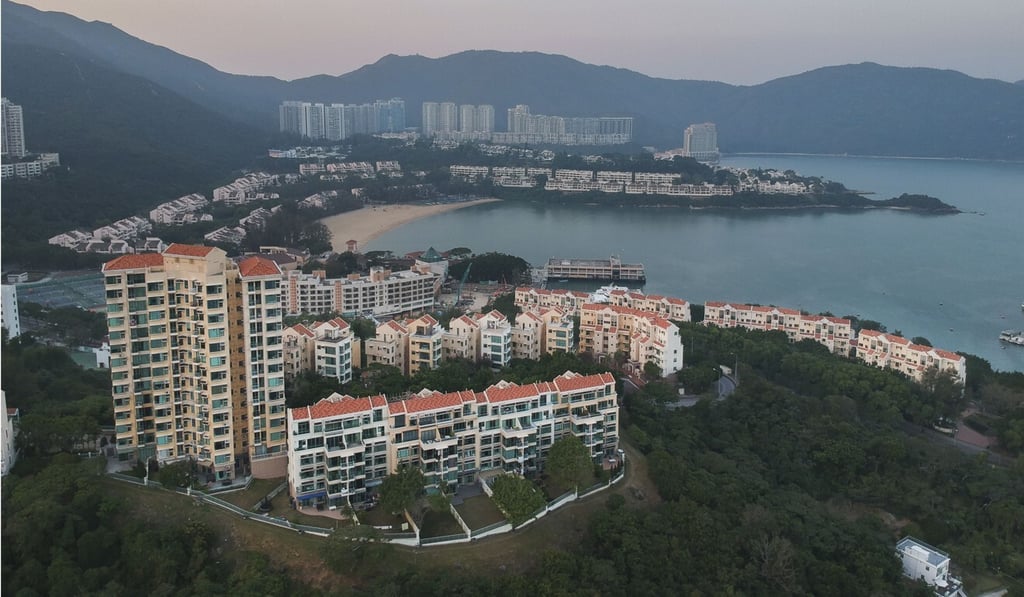Coronavirus: Hong Kong confirms 12 new cases, including labourer who worked at Discovery Bay
- Three of the latest infections are imported, involving arrivals from India, Bangladesh and the Philippines
- Hospital Authority chief Tony Ko says staff are working towards screening all admitted patients

The education minister also revealed that the government was considering regular testing for students in schools, as citywide testing to identify invisible carriers began on Tuesday.
Three of the latest infections were imported, involving arrivals from India, Bangladesh and the Philippines, according to Dr Chuang Shuk-kwan, head of the Centre for Health Protection’s communicable disease branch.
The sole untraced case was the construction worker living in Yuen Long, who recently worked on a site at Discovery College in Discovery Bay for four days. Chuang said he was mostly responsible for removing concrete in the area, and did not share meals with colleagues.
But she said ventilation was not good and their work was “quite intense, so we consider the [more than 10] other workers in that construction site as close contacts”.
